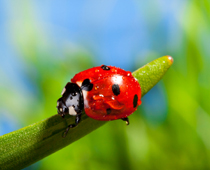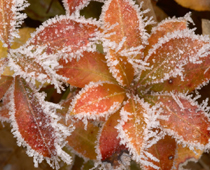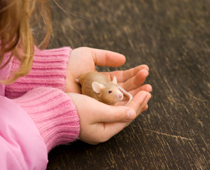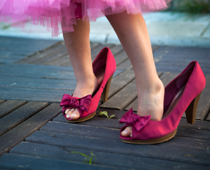| 1. |
Una pequeña mariquita tiene puntos de NEGROS. 
|
||||||||
|
| 2. |
¿Qué tipo de HOJAS son estas? 
|
||||||||
|
| 3. |
Sí, lo sé, puedes ver mis RODILLAS. 
|
||||||||
|
| 4. |
¿Sería lo suficientemente valiente como para sostener un RATÓN? 
|
||||||||
|
| 5. |
Parece que este CACHORRO está haciendo algo malo. 
|
||||||||
|
| 6. |
¡Niñas aman llevar ZAPATOS de su madre! 
|
||||||||
|
| 7. |
Este fósforo CALIENTE puede encender una vela. 
|
||||||||
|
| 8. |
Una MANZANA para la profesora. 
|
||||||||
|
| 9. |
¡Estas chicas serán AMIGAS para siempre! 
|
||||||||
|
| 10. |
¿Este elefanta MADRE trata de recoger a su bebé? 
|
||||||||
|
